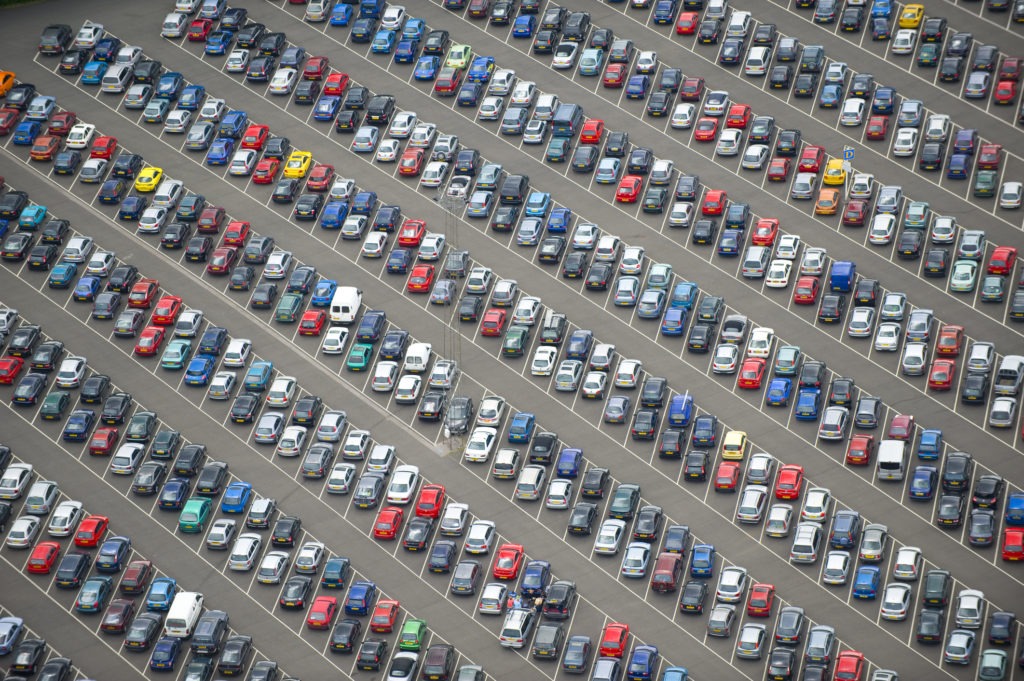German and Italian sales rise as countries become dependent on vehicle discounting
04 January 2018

4 January 2018
New vehicle sales in Germany rose by 2.7% last year. However, the country’s diesel market plummeted as threats of city bans and negative press coverage took hold.
In total, 3.44 million vehicles were sold in the country during 2017 according to the country’s Federal Motor Vehicle Authority (KBA). Sales dropped by 1% in December, with the market experiencing a fluctuating year as registrations increased and decreased on a monthly basis. However, taking into account the two fewer selling days, December’s total was up by 5% on 2016 figures.
Sales of diesel engine vehicles in Germany fell by 13% across the year, with 1.34 million units sold. This mirrors sales in France, where the diesel share of the market fell below 50% for the first time. Diesel has faced a turbulent year in 2017, especially in Germany. Alongside a diesel forum in August leading to the recall of 5.3 million vehicles, and scrappage schemes put in place to remove more polluting vehicles from the road, there have been calls for bans on diesel transport in Cologne, Munich and Stuttgart.
These reports, which have come about following the Dieselgate scandal, have dented the market, as drivers flock back to petrol powered cars, while some move into hybrid and electric vehicles (EVs).
However, the country could be causing itself a problem with the high discounting culture that is driving new vehicle sales. 2017 saw this culture grow higher than ever, according to the CAR Centre for Automotive Research at the University of Duisburg-Essen. According to the CAR discount index, which serves as an indicator for new vehicle discounts, the discounts in the new car market in December 2017 were 53% higher than in January 2010, when CAR launched its study.
Ferdinand Dudenhöffer, director of CAR, warns that it will soon become difficult to sell more new cars in such a saturated market, especially as the level of discount does not affect environmental protection. According to CAR, individual models, such as the Ford Focus, are being pushed into the market with an “environmental bonus” of more than 40% if an older diesel vehicle is exchanged for it. However, the environmental effect is not suitable to prevent driving bans in individual cities.
Meanwhile, in Italy, incentives have pushed new car sales to their highest level in eight years. Registrations rose by 7.9% to 1.97 million, the fourth yearly increase in sales and the highest figures since 2009.
Registrations in December fell by 3.2% to 121,100 units, as the month had two fewer selling days than December 2016. Adjusted for this, sales would have grown by 7.6%.
However, new car sales remained weak, with incentives put in place to encourage buyers to the market. Also, the number of self-registrations by automakers and dealers, at about 335,000 last year, was the highest to date and 116,000 more than in 2016, according to market researchers Dataforce. Sales to private customers declined by 1.9% in 2017.